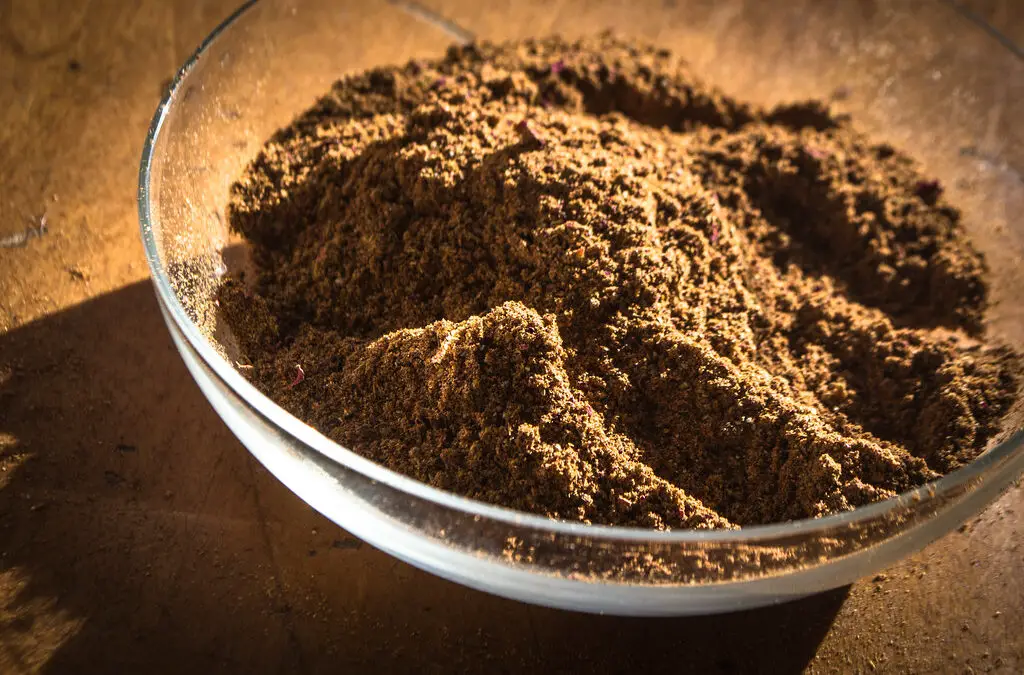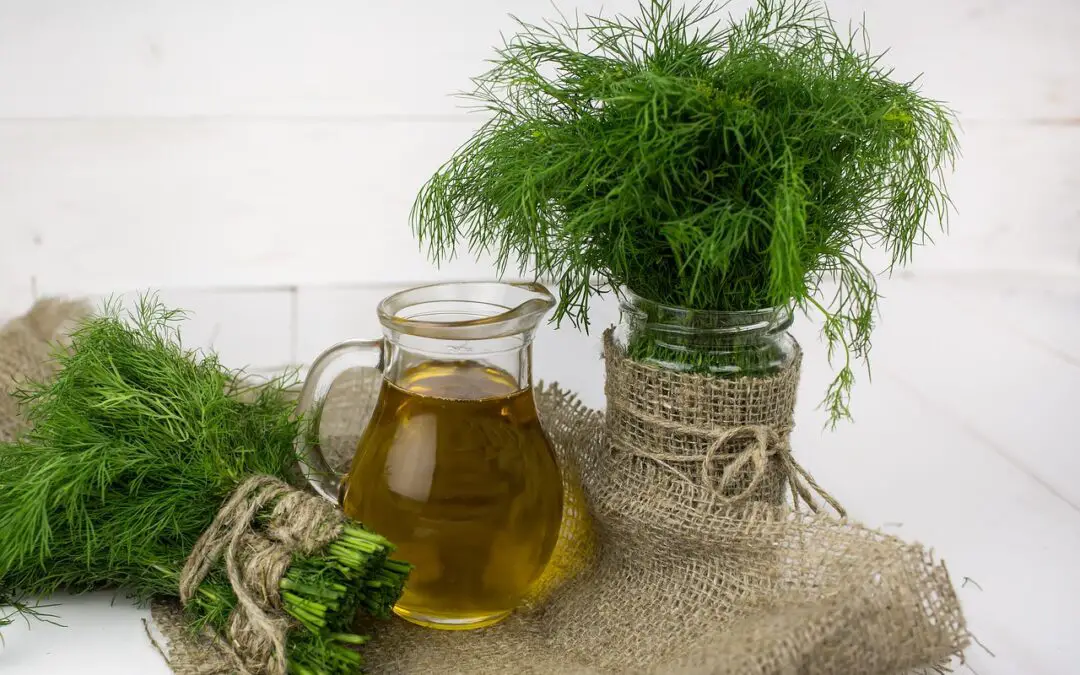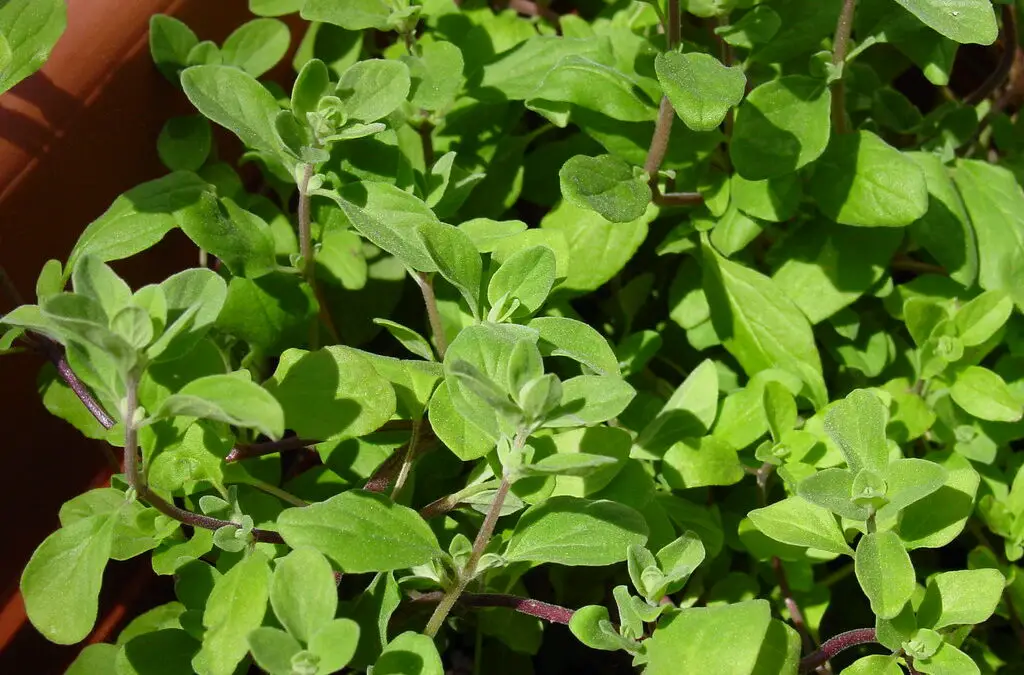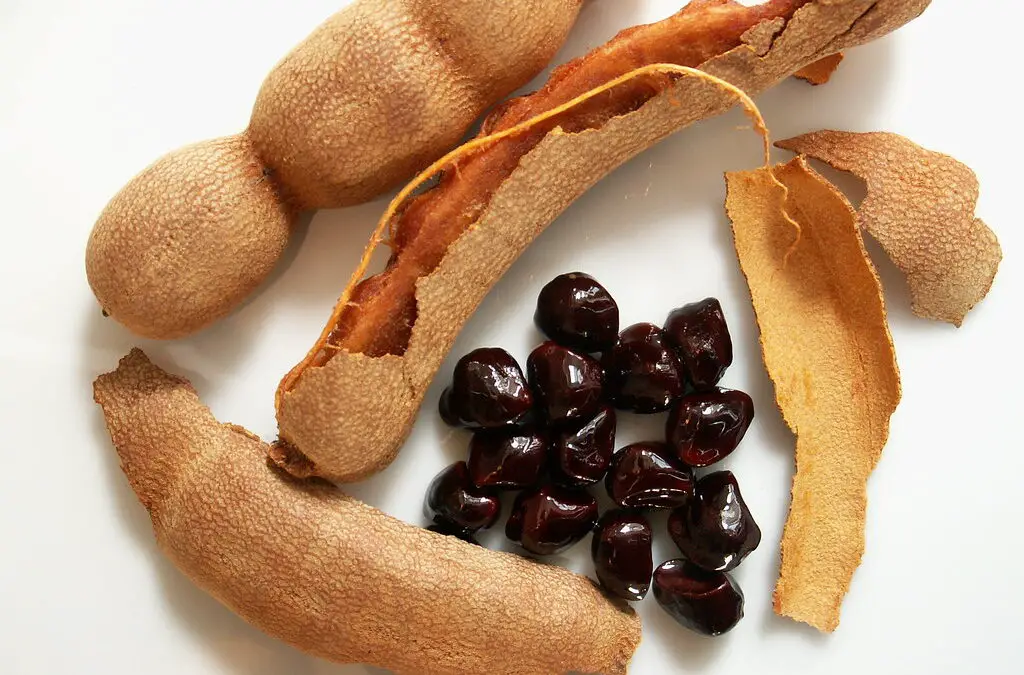Coriander seeds are a staple ingredient in Middle Eastern cuisine. These small, round seeds come from the coriander plant and have a warm, nutty flavor with a hint of citrus. They are commonly used in spice blends, marinades, and as a garnish for dishes like hummus and falafel.
In addition to their delicious taste, coriander seeds also have a variety of health benefits. They are a good source of antioxidants and have been shown to help regulate blood sugar levels and lower cholesterol. Coriander seeds also have anti-inflammatory properties and may help improve digestion.
Overall, coriander seeds are a versatile and flavorful ingredient that can add depth and complexity to Middle Eastern dishes. Whether you’re a seasoned chef or a home cook looking to experiment with new flavors, coriander seeds are definitely worth adding to your spice collection.
History of Coriander Seeds
Origin
Coriander seeds have a rich history that dates back to ancient times. They are native to the Mediterranean and Middle Eastern regions and have been used for thousands of years in various cuisines and medicinal practices. The plant that produces coriander seeds is called Coriandrum sativum, and it is a member of the parsley family.
The earliest recorded use of coriander seeds was in ancient Egypt, where they were found in the tombs of pharaohs. The seeds were also used in ancient Greece and Rome, where they were believed to have medicinal properties. Coriander seeds were also commonly used in Ayurvedic medicine in India and traditional Chinese medicine.
Historical Uses
Coriander seeds have been used for a variety of purposes throughout history. In Middle Eastern cuisine, they are a staple spice and are used in a variety of dishes such as stews, soups, and meat dishes. They are also used in pickling and as a flavoring for bread.
In addition to its culinary uses, coriander seeds have been used for medicinal purposes. They were believed to have anti-inflammatory and digestive properties and were used to treat a variety of ailments such as indigestion, nausea, and diarrhea.
Coriander seeds were also used in perfumes and cosmetics. The ancient Egyptians used coriander seeds in their perfumes, and the Romans used them in their cosmetics.
Overall, coriander seeds have a rich history and have been used for a variety of purposes throughout time. They continue to be an important spice in Middle Eastern cuisine and are valued for their unique flavor and aroma.
Culinary Uses of Coriander Seeds
In Indian Cuisine
Coriander seeds are a staple in Indian cuisine and are a key ingredient in many spice blends. They are often toasted and ground to make garam masala, a spice blend used in many Indian dishes. Coriander seeds are also used in curries, chutneys, and pickles. In addition, they are used to flavor rice dishes, lentils, and soups.
In Mediterranean Cuisine
Coriander seeds are commonly used in Mediterranean cuisine, particularly in Middle Eastern dishes. They are often used in spice blends such as za’atar, which is a mixture of coriander seeds, thyme, sesame seeds, and sumac. Coriander seeds are also used to flavor meats, vegetables, and sauces.
In Mexican Cuisine
In Mexican cuisine, coriander seeds are often used in spice blends such as adobo and mole. They are also used to flavor soups, stews, and sauces. In addition, coriander seeds are used to make a popular Mexican drink called horchata, which is made by soaking the seeds in water and blending them with sugar, cinnamon, and rice.
Coriander seeds have a warm, citrusy flavor that pairs well with a variety of dishes. They are a versatile spice that can be used in both sweet and savory dishes. Whether you are making Indian curries, Middle Eastern dips, or Mexican stews, coriander seeds are a must-have ingredient in any kitchen that wants to create authentic and delicious dishes.
Health Benefits of Coriander Seeds
Digestive Health
Coriander seeds are widely used in Middle Eastern cuisine for their digestive properties. They contain compounds that stimulate digestive enzymes and help the body break down food more effectively. Additionally, coriander seeds have anti-inflammatory properties that can help reduce inflammation in the gut and relieve symptoms of digestive disorders like irritable bowel syndrome (IBS) and inflammatory bowel disease (IBD).
Blood Sugar Control
Coriander seeds have been shown to help regulate blood sugar levels in people with diabetes. They contain compounds that increase insulin secretion and improve insulin sensitivity, which can help lower blood glucose levels. Additionally, coriander seeds have a low glycemic index, meaning they don’t cause a rapid spike in blood sugar levels after consumption.
Heart Health
Coriander seeds may also have benefits for heart health. They contain compounds that can help lower cholesterol levels and reduce the risk of heart disease. Additionally, coriander seeds have antioxidant properties that can help protect the heart from damage caused by free radicals.
Overall, coriander seeds are a healthy addition to any Middle Eastern diet. They offer a range of health benefits, particularly for digestive health, blood sugar control, and heart health. Incorporating coriander seeds into meals is easy, as they can be used in a variety of dishes, from soups and stews to marinades and spice blends.
How to Store Coriander Seeds
Coriander seeds are an essential ingredient in Middle Eastern cuisine, adding a unique flavor to dishes such as hummus, falafel, and shakshuka. Properly storing coriander seeds can help preserve their flavor and aroma for long periods, ensuring that you always have fresh spices on hand.
Keep Coriander Seeds in a Cool, Dry Place
To maintain the freshness and flavor of coriander seeds, it is important to store them in a cool, dry place. Exposure to heat and moisture can cause the seeds to lose their flavor and aroma quickly. Therefore, it is best to store coriander seeds in an airtight container in a cool, dry pantry or cupboard.
Store Coriander Seeds Away from Direct Sunlight
Sunlight can also cause coriander seeds to lose their flavor and aroma. Therefore, it is important to store them away from direct sunlight. A dark cupboard or pantry is an ideal location for storing coriander seeds.
Use Whole Coriander Seeds
Whole coriander seeds retain their flavor and aroma for longer periods than ground coriander. Therefore, it is best to purchase whole coriander seeds and grind them as needed. When storing whole coriander seeds, make sure they are completely dry before placing them in an airtight container.
Check the Expiration Date
Like all spices, coriander seeds have a shelf life. It is important to check the expiration date on the package and use the seeds before they expire. Expired coriander seeds may have lost their flavor and aroma and can even be harmful to consume.
Conclusion
Properly storing coriander seeds can help preserve their flavor and aroma for long periods, ensuring that you always have fresh spices on hand for your Middle Eastern dishes. Keep them in a cool, dry place away from direct sunlight, use whole coriander seeds, and check the expiration date to ensure that you are using fresh spices.
How to Grind Coriander Seeds
Coriander seeds are a staple ingredient in Middle Eastern cuisine. They are used in many dishes to add a warm, citrusy flavor. To get the most flavor out of coriander seeds, they need to be ground up before use. Here’s how to do it:
- Start with fresh coriander seeds. Old seeds lose their flavor and won’t taste as good in your dishes. Look for seeds that are plump and have a bright green or brown color.
- Toast the seeds in a dry pan over medium heat for 1-2 minutes. This will bring out the oils and make the seeds more fragrant.
- Let the seeds cool completely before grinding them. If they are too hot, they can stick to the grinder and won’t grind properly.
- Use a spice grinder or mortar and pestle to grind the seeds. A coffee grinder can also work in a pinch, but make sure it’s clean before using it for spices.
- Grind the seeds until they are a fine powder. You may need to grind them in batches if you have a small grinder.
- Store the ground coriander in an airtight container in a cool, dry place. It will stay fresh for up to six months.
Grinding your own coriander seeds is a simple way to add more flavor to your Middle Eastern dishes. Give it a try and taste the difference!
Potential Side Effects of Coriander Seeds
Coriander seeds are widely used in Middle Eastern cuisine as a spice for their unique flavor and aroma. However, like any other food, coriander seeds may have side effects on some individuals. Here are some potential side effects of coriander seeds:
1. Allergic reactions
Some people may be allergic to coriander seeds, and consuming them can lead to allergic reactions such as itching, rashes, and difficulty breathing. Should you encounter any of these symptoms after consuming coriander seeds, it is crucial to promptly seek medical attention.
2. Gastrointestinal issues
In certain individuals, coriander seeds have the potential to induce gastrointestinal problems like bloating, gas, and diarrhea. This is because coriander seeds contain fiber and essential oils that can stimulate the digestive system. If you experience any of these symptoms, reduce your intake of coriander seeds or avoid them altogether.
3. Interaction with medications
Coriander seeds may interact with certain medications, such as blood thinners and diabetes medications. Prior to consuming coriander seeds, it is advisable to consult your doctor if you are currently taking any medications.
4. Skin sensitivity
Coriander seeds contain essential oils that can cause skin sensitivity in some people. If you experience any skin irritation after handling coriander seeds, wash your hands thoroughly with soap and water.
Overall, coriander seeds are safe for most people when consumed in moderation. However, if you experience any of the above side effects, it is best to reduce your intake or avoid them altogether.
Conclusion
Coriander seeds are an essential ingredient in Middle Eastern cuisine. They are used in various dishes, including stews, soups, and curries. The seeds are known for their unique flavor, which is a combination of citrus and spice.
In addition to their culinary uses, coriander seeds have several health benefits. They are rich in antioxidants, which help to reduce inflammation and protect against disease. They also contain essential oils that can help to improve digestion and reduce bloating.
When using coriander seeds in cooking, it is important to toast them first to bring out their full flavor. This can be done by heating them in a dry pan over medium heat until they become fragrant.
Overall, coriander seeds are a versatile and flavorful ingredient that should be included in any Middle Eastern cuisine. Whether used in a traditional stew or a modern fusion dish, they are sure to add a delicious and unique flavor to any meal.





